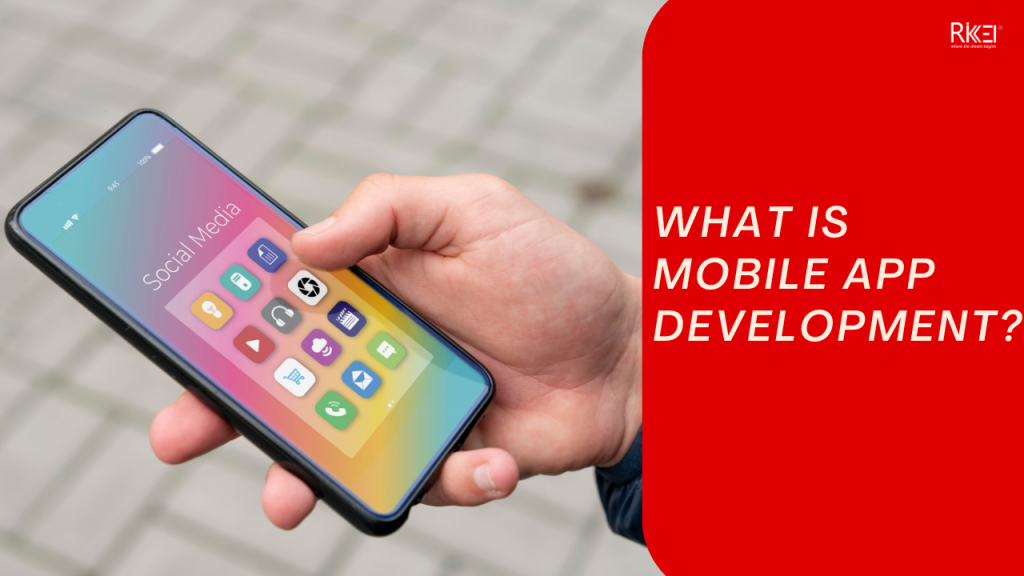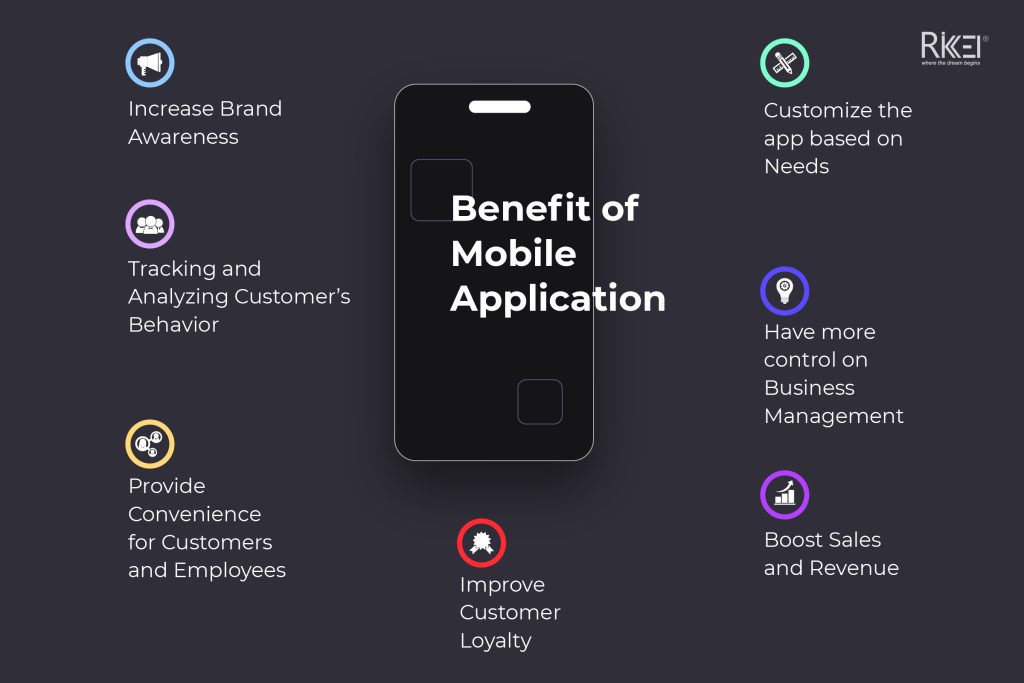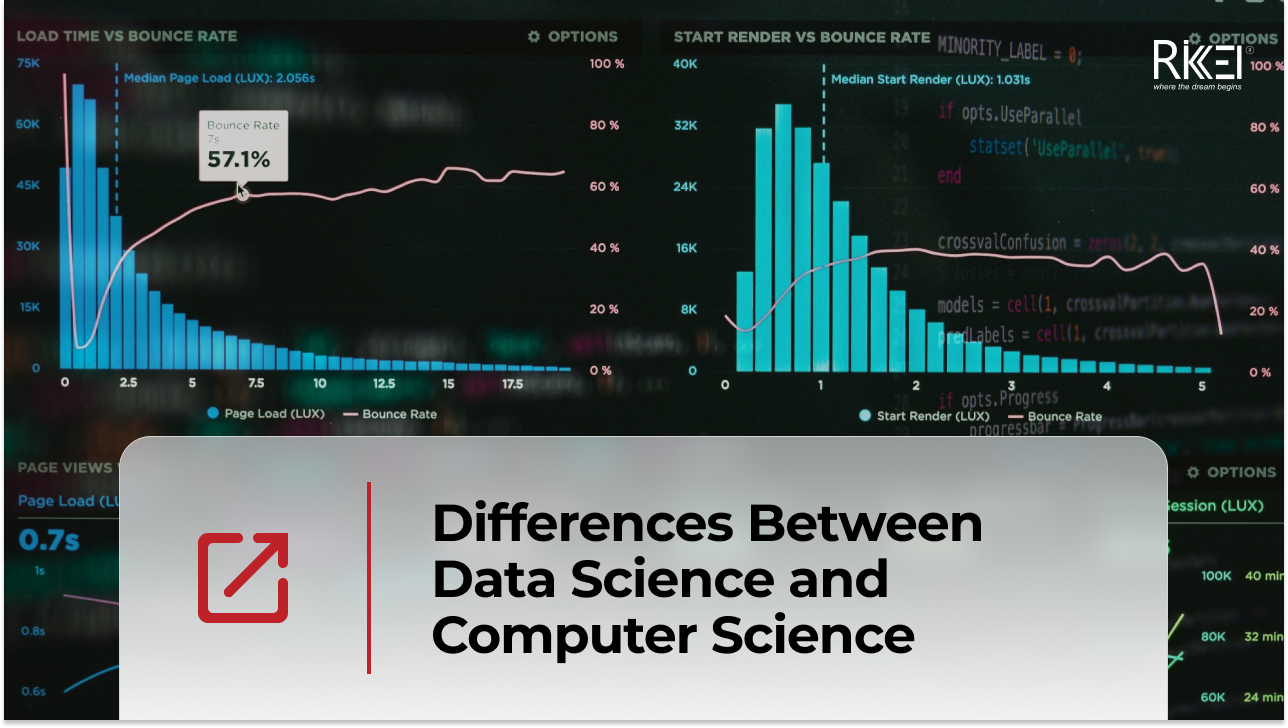What Is Mobile App Development? | Importance & Benefits
Contents
These days, everyone has a mobile phone. According to DataReportal, in 2019, there were 4.388 billion active internet users in the world, equaling 57% of the total population. Among them, the total number of active mobile internet users reached 3.986 billion, equaling 52% of the total population.
The standout story is that the mobile app development market is growing massively, from business and BFSI app development to retail & eCommerce and all things good in between.
This guide will cover everything about mobile app development for those planning a project to develop a mobile app. You are becoming acquainted with importance of mobile app development. Stay tuned.
What is Mobile App Development?
Before jumping to the answer of what mobile app development is, we must make clear the definition of the mobile application (also called mobile app). It is a type of software application designed to run on mobile devices. Typically, mobile apps can serve many functions in life, such as healthcare, shopping, banking, or working.

Mobile app development is the process of building software applications that work on a mobile device, including smartphones, tablets, and wearables. Besides, mobile app development is not only about writing code. It is the strategic process of defining, building, designing, and launching a successful product. This process includes strategy consulting, implementing the back-end, UI/UX design, quality assurance & testing. The popular platforms in today’s mobile devices market are iOS and Android.
Future of Mobile App Development
Mobile apps appear everywhere in our lives. They are indeed at the heart of everything consumers do, from banking to entertainment, exercise, and shopping. From these capabilities, mobile is going to be the future of everything.
So what is driving mobile app development nowadays? What are the future trends of app development consumers expecting to see in the coming years?

Here are the next trends of mobile app development that will bloom in this decade.
1. Super apps, all-in-one
Super App is the latest trend of tech giants to make consumers stay online for longer. In Asia, there is a shift to super apps. Grab, for example, a unicorn of Asia, now appears in 8 countries, including Singapore, Thailand, and Vietnam. This Asian super app provides a full package of services like deliveries, mobility, transportation, and financial services.
2. 5G access
The key point of 5G is speed. It’s exponentially faster than most existing network technologies. With a powerful performance operating at 100 times faster than other networks, apps with 5G access allow users to transfer information in milliseconds and connect many devices everywhere..
3. Artificial intelligence (AI) technology
Artificial intelligence (AI) is the simulating technology of human intelligence that is programmed to think like humans and mimic their actions. The ideal characteristics of artificial intelligence are the ability to automatically learn and take actions that achieve specific goals. Because of its standout functions, AI is being applied for facial and speech recognition; finance companies typically use AI to improve user safety and data security and spot fraud.
4. Blockchain is not only cryptocurrency
Blockchain is a digital wallet that securely records transactions without an intermediary like a government or bank. Each transaction is independently verified by computer networks, linked together using cryptography, and added to a growing chain of data.
Besides the popularity of cryptocurrencies like Bitcoin, Ethereum and others, blockchain technology is applied for legal transactions, property sales, medical records, and other industries that need to authorize and record transactions.
5. Wearable devices
Wearables are the trend in electronic device consumption. They include smart watches, earbuds, smart glasses, and other smart devices. Many features that users can expect to see from wearable devices in the near future include smart app capabilities tied to security, step counting, healthcare, and so on. This market is indeed a big opportunity for mobile app development.
6. Security is the top priority
It is obvious that security is really concerned in technology. When personal information goes online and is collected, security and privacy are threatened. This problem causes many consumers’ information to be hacked or leaked, and there have been many fraud or property-stealing cases. Therefore, in further development, successful mobile app development can boost security through additional layers of encryption.
Benefits of Mobile App Development
When mobile app development is becoming a necessity for a business model, it’s important for companies to be well-informed about the advantages and disadvantages of deciding to plan an app development project. Here are the key benefits of mobile development you need to know.

1. Increase Brand Awareness
Mobile app is one of the most effective solutions to increase brand awareness more than any platform. It attracts and retains your customers without bothering them because the targeted audiences are active on their mobiles daily, moving among different apps. You can deliver the desired brand awareness in many ways, including new products, company events, or sales promotions.
2. Highly-customizable Based On Needs
Instead of using a ready-madeapp for your objectives, such as e-commerce, customer relationship management (CRM), and digital workplace, developing a mobile app from scratch allows you to customize the mobile app based on your problems and customers’ insights. As a result, itwill optimize your flow and improve your sales effectiveness.
3. Have More Control in Business Management
Using a mobile business app is one easy way to make managing tasks and human resources a breeze since all the information can be delivered at your fingertips. If you are a small business owner, the digital workplace still plays an important role in your business process management by increasing employee productivity and engagement. Many business activities could be in-app messaging, leave approval, task management, and so much more.
4. Boost Sales & Revenues
In the digital world of marketing, online shopping is the major trend currently. Instead of visiting physical stores, shopping with mobile apps at fingertips only takes a few minutes. Compared to eCommerce websites and other channels, mobile apps have a better performance for consumers who “need for speed .”This gives your business a significant competitive advantage and boosts the efficiency of your business sales.
5. Improve Customer Loyalty
It is obvious that Customer retention plays a significant role in a successful business. According to a research by Fredrick Reichheld of Bain & Company, a 5% increase of customer retention rates can boost profits by 25% to 95%. The effective way to maintain a loyal customer is by offering great value to your customers and ensuring that they’re always satisfied. Mobile app development is a solution to improve that metric.
6. Provide Convenience For Customers and Employees
These days, everyone owns at least a mobile device. They find these devices convenient and smart. Thus, mobile app is written to serve them a faster and more friendly user experience. It means that you are building users’ trust in your business.
7. Tracking & Analyzing Customer’s Behavior
A mobile app is the most frequently used means to collect feedback and track behavior from customers. Analyzing valuable data will make it a breeze to evaluate and improve your business performance.
Types of Mobile App Development
1. Android App Development
Android App can be developed in Kotlin, Java, and C++ languages to help businesses establish their presence on modern devices including android mobile app development, android TV app development, android tablet app development, and android wear app development.
2. iOS App Development
Using the latest technologies, we produce highly-performed, stable, and scalable mobile applications by Swift, Objective-C, SwiftUI, CocoaPods, and RxSwift. And without a doubt, these apps are launched on Apple’s products.
3. Cross-platform App Development
Today, businesses face tough competition, and their main focus is on the target audience. That’s why they need to take advantage of the cross-platform app to target customers on whichever devices they use. A cross-platform app is an app for all mobile operating systems (iOS, Android & more).
4. Front-end Development
Front-end app development primarily focuses on user experience and user interface. The major goal of front-end development is rendering the entire interface elegant, easy to use, fast and secure. It leads to fostering user engagement and interaction.
5. Back-end Development
Back-end works entirely behind the scenes but plays a critical role in an application operation. The back-end development for mobile applications empowers the main work, including lifting related to data verification, processing business logic, data storage, and security.
Super App Development
According to Wikipedia, a super app is a mobile or web application that incorporates multiple services, including social networking, eCommerce, e-learning, entertainment, and so on. The benefits of this type of app are creating more ways to engage with existing customers, reducing re-acquisition costs by retaining users with other services, save time by building all in one app.
Super app has an appearance like a mini-apps ecosystem that provides a consistent and personalized app experience. Instead of switching between a lot of different mobile apps, users are able to take action through only one entrance.
There were numerous mobile apps on the market. In 2021, more than 3.4 million apps were on the Google Play Store and 2.2 million apps on the Apple App store. However, the standout story is that there are only a few super apps that own a large number of loyal customers. There are already many famous super apps in Asia, including China’s Wechat, India’s Paytm, Singapore’s Grab, South Korea’s Kakao, and Vietnam’s Zalo.
To keep up with the times, creating the business ecosystem might become a bigger challenge than technology implementation, but it gains competitive advantages, including:
- Replacing multiple apps
- Attracting a large number of users
- Impacting customer retention
- Third-party providers can publish extensions
Cost of Mobile App Development
A mobile app can serve users for many purposes, like shopping, healthcare, payment, and entertainment. So, how much does it cost to build a mobile app in 2023? This is an important question before deciding to plan a mobile app project. Here, you can find information about what affects mobile app development costs.
There are key factors in estimating mobile app development costs, including
- Outsourcing or in-house team
- Location
- Structure of the team
- Type of apps (eCommerce app, food services, healthcare app,…)
- Complexity of design
- App features
- Project size
In each industry, the range of cost for mobile app development is different.
- eCommerce apps cost: $60,000 – $300,000
- Healthcare apps cost: $60,000 – $200,000
- Finance apps cost: $200,000 – $300,000
- eLearning apps cost: $40,000 – $150,000
Alternative of In-House Building Mobile App
It is too costly and time-wasting to develop a unique app for your business from scratch. You have to wait 5 – 6 months for your business to build a project plan, team structure, and process. Besides, there are several causes making many delays that you didn’t expect, such as human resource management, testing the product, and deployment in the market.

To optimize the process of mobile app development, an IT outsourcing company is a great choice for your business. Being a leading IT outsourcing company in Asia, Rikkeisoft provides all facets of mobile app development services, from consultation to implementation. Our experts will dig into your market, understand your problems, and identify opportunities. Finally, we build the development project and implement it.
You also can discovery about Why & How to Outsource Software Development in the 21st Century?
Wrapping Up
With all the information mentioned above, we think you have an overview of mobile app development basics, including definitions, trends, benefits, types, and costs. Ideally, you should begin the journey of your app development with an exact budget, and consider choosing a reliable app development outsourcing company.
More From Blog

August 8, 2024
Data-Driven Product Development: Strategy To Drive More Sales
As a business owner, you want your products or services to be well-received upon launch. The most effective way to create a product that satisfies a broad range of customers is to gain insights into their needs and behaviors from the outset. The key lies in data-driven product development, a strategy that many companies have […]

August 8, 2024
7 Steps To Establish A Data-Driven Governance Program
While data-driven approaches significantly benefit organizations in various ways, failure to govern the huge data sets will hurt your business even more. Effective data management also ensures data quality and security. That’s why there is an increasingly high demand for data-driven governance programs. Continue reading for a detailed guide! What Is Data-Driven Governance? Surprisingly, many […]

August 8, 2024
Data-Driven Business Transformation: 7 Steps To Follow
Data empowers businesses to make well-informed decisions in different departments, like marketing, human resources, finance, and more. As a business owner, you should also employ data-driven approaches to skyrocket productivity and efficiency. If you are still new to this concept, scroll down for an in-depth guide on data-driven business transformation. What Does A Data-Driven Business […]

August 8, 2024
Data-Driven Security: Transforming Protection Through Analytics
Cybersecurity was once an afterthought for most organizations. But in today’s digital landscape, it has become mission-critical. With this transformation has also come a shift in how security decisions are made. Rather than relying solely on intuition and tradition, leading organizations are embracing data-driven strategies. By using metrics and insights around threats, vulnerabilities, and more, […]

August 8, 2024
Differences Between Data Science and Computer Science
Data Science and Computer Science are distinct fields overlapping in certain areas but have different focuses and objectives. The article below will help you clearly understand the differences and the close connection between the two fields. What is Data Science? Data Science is an interdisciplinary field that combines scientific methods, processes, algorithms, and systems to […]

August 8, 2024
How Real-Time Data Analysis Empowers Your Business
In today’s fast-paced business landscape, the ability to quickly make data-driven decisions has become a key differentiator for success. Real-time data analysis, the process of analyzing data as soon as it’s generated, has emerged as a powerful tool to empower business across industries. By leveraging real-time data analysis, organizations can gain timely and actionable insights, […]

